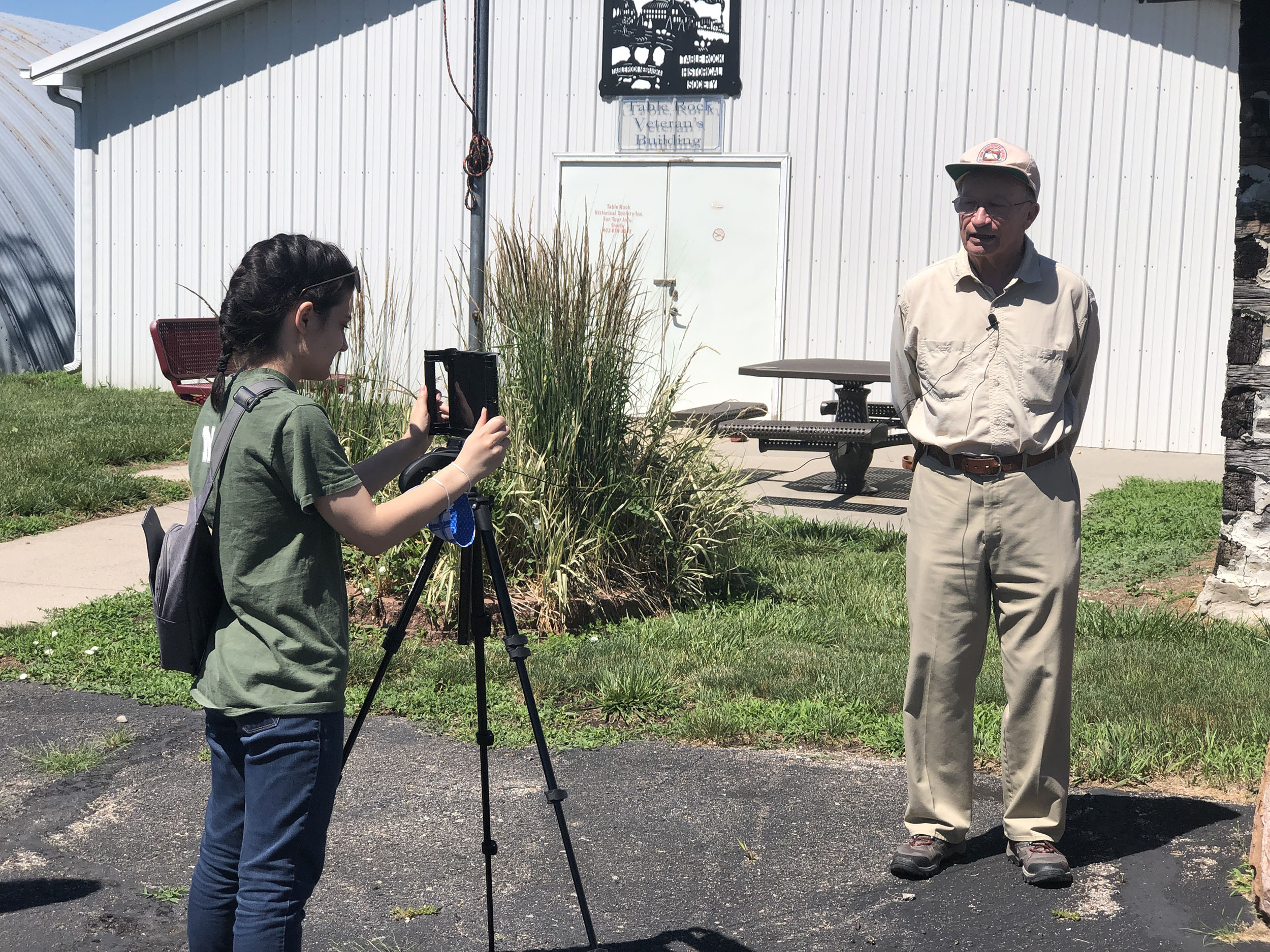
The University of Nebraska–Lincoln is seeking college students and community leaders from across Nebraska to participate in the 2021 Rural Fellows program.
Since 2013, students from the university and colleges throughout Nebraska have spent 10 weeks over a summer working with leaders in rural areas on community-developed projects. These projects are often focused on economic and business development, entrepreneurship, early childhood development, marketing and promotion, and other areas critical to the sustained success of rural communities. The students’ work, on average, results in a $28,000 economic impact per community.
“The Rural Fellows program, through the student interns, connects the research of UNL faculty to rural Nebraska communities,” said Helen Fagan, Rural Fellows program coordinator. “At the same time, the program gives participating students a close-up view of the leadership and innovation taking place in rural communities across the state, as well as deep, personal ties across Nebraska.”
Up to 200 students and 100 communities will be accepted into the 2021 program — a more than tenfold increase from 2020. The increase in capacity can be attributed in part to a new partnership with the Nebraska Community Foundation, which launched its own Hometown Internship program in 2020, affording Nebraska college students the opportunity to return to their hometowns for a summer of service learning. Ultimately, an enriching summer experience in their Nebraska communities could encourage young Nebraskans to return after college, said Jeff Yost, president and CEO of the Nebraska Community Foundation.
“Connecting students to opportunities in their hometowns and other rural communities is critical to Nebraska’s people-attraction efforts,” Yost said. “Inviting bright, ambitious young people to our Greater Nebraska communities helps ensure that bright, ambitious young people opt to remain in our places, and creates a more prosperous future for the community at large. We will continue our Hometown Internship efforts within the NCF network in the summer of 2021 and appreciate the University of Nebraska promoting all of these internship opportunities to Nebraska students.”
The Rural Fellows internships will take place from mid-May through late July 2021. The application deadline for host communities is Oct. 30. For students, the application deadline is Nov. 15. The program is open to first-year college students through graduate students at any college in Nebraska. Interested students and communities can learn more and apply here. The site includes videos highlighting 2020 projects, which can give both interested students and communities an idea of what to expect.

In one video, Ethan Weiche, a senior architecture student at Nebraska, discusses his experience in Ravenna.
Weiche worked on several projects during his 10 weeks there this summer, including developing marketing and fundraising materials for expansion of the community’s hike-bike trail. He also wrote grants for the local historical society, which he found particularly fulfilling and impactful.
“This experience really exposed me to grant writing as a potential career,” he said.
Weiche said the experience also helped him grow his leadership skills, particularly the value of seeking input from community members with opinions that differed from his own.
“Reaching out to hear these voices makes us consider things that we hadn’t considered before, therefore making the project that much stronger,” he said.
Another 2020 student fellow, junior agricultural and environmental sciences communication major Rachel Williss, spent the summer in Pawnee County, where she photographed local tourism destinations, created a photo library and developed social media accounts the Pawnee County Promotional Network could use to drive tourism.
“What we’ve given Pawnee County is a starting point in developing their brand as a tourism destination,” she said.
This winter, Nebraska will offer a three-credit-hour course during the mini-session between semesters in which students can learn about rural engagement and develop a project proposal. The class is not required for Rural Fellows but will give students interested in the program an introduction to rural leadership, Fagan said. Those interested in the course can contact her at helen.fagan@unl.edu.
The Rural Fellows program is part of Rural Prosperity Nebraska, a new program dedicated to the success of rural communities across the state that Nebraska’s Institute of Agriculture and Natural Resources launched earlier this year. Rural Prosperity Nebraska brings together Nebraska Extension educators, students, faculty, partner organizations and community leaders from across the state to address rural challenges and identify opportunities for growth.
Students accepted into the program are matched with projects that relate to their individual interests and field of study. Students work in pairs. Housing and a stipend is provided. More information for both interested students and communities is available here.








